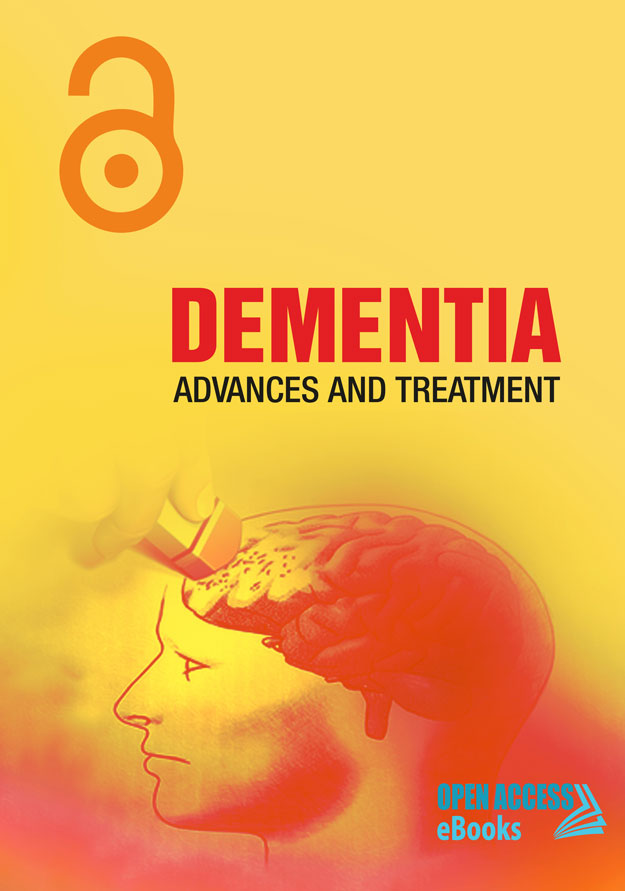
Volume 3
ISBN: 978-93-87500-45-7
Editors:
1. Emel Canbay
2. Bruno Zilberstein
3. Paolo Sossai
4. Kartikumar Jinjuvadia
5. Ishita Chatterjee
Gastric Cancer, also called as stomach Cancer is a cancer developing in the lining of the stomach. It is very difficult to identify in the early stages. In later stages, it spreads to lungs, liver and other parts of the body. Gastric Cancer can be treated with chemotherapy, surgery, targeted therapy and radiation therapy. Researchers working in these areas are requested to contribute your work as a book chapter for the publication in volume 2 of an eBook entitled OVERVIEW ON GASTRIC CANCER.
All received book chapters undergo review process and are published on our website in PDF and HTML formats.
Each volume contains around 5 or 6 book chapters providing information on latest advances in gastric cancer.
Benefits of publishing with us:
Universal Access: eBooks published in Open Access eBooks gain international visibility. No region barriers and content is accessed by everyone across the world from our website. We also deposit published eBooks in different databases.
Freely Available: Open Access eBooks follows the principles of Open Access and the content is available to the readers without any cost. Readers can read, share, and store the published ebooks/book chapters.
Copyright with Authors: As an eBook publisher, we serve researchers in publishing their valuable work after the stringent review process. However, copyright lies with authors. We follow the CC-BY-NC-ND license (https://creativecommons.org/licenses/by-nc-nd/3.0/).
Different Formats: We provide eBooks in PDF and HTML formats. Both formats are user friendly and can act as per the user requirements. We put our efforts to provide other formats in future.
For more information, contact info@openaccessebooks.com
Published Chapters:
Gastric Cancer and Bariatric Surgery
Author(s): Ali Kabir*; Arman Karimi Behnagh
In recent decades, obesity has become a major public health problem. Based on the WHO's report, the prevalence of the obesity has increased more three times than what it was in 1975s [1] Moreover, it is among the first ten leading risk for worldwide death [1,2]. Substantially individuals are considered obese when their Body Mass Index (BMI) ≥30 kg/m2. Regarding to WHO's classification, obesity is classified as class I for a BMI between 30 and 34.9 kg/m2, class II for a BMI between 35 and 39.9 kg/m2, and class III for a BMI ≥ 40 kg/m2(extreme obesity) [3]. Raised BMI is a major risk factor for many deadly problems, such as cancers, diabetes and cardiovascular disease [4,5]. This issue would project poorer outcome for obese individuals. There is a direct relationship between increasing the class of obesity and increasing the risk of death [5,6].
Genetics and Molecular Basis of Gastric Cancer
Author(s): Sehime G. Temel *; Deniz Üren; Cengiz Yakıcıer M
Even though there is a decline in worldwide incidence of Gastric Cancer (GC), the fact that its mortality rate is still high among other cancer types means we need more and advanced tools for prevention, early detection and effective treatment. The path that goes to all of these starts from better understanding the etiology at the molecular level, and finding new targets for the genetic alterations driving or accumulating during the progress of tumor evolution.
Targeted Therapies in Gastric Cancer
Author(s): Filipa Macedo; Nuno Bonito; Adhemar Longatto-Filho; Sandra F Martins*
The incidence of gastric cancer varies widely worldwide, but it is considered the second most prevalent tumour. There are places of higher incidence like Japan and China with >20 cases per 100.000 habitants, and places with lower incidence like Northern Europe and Northern America with <10 cases per 100.000 habitants.
The Surgical Management of Gastric GISTs
Author(s): Tuna Bilecik
Gastrointestinal stromal tumors (GISTs) are the most common mesenchymal tumors of the gastrointestinal tract originating from the pacemaker cells of the intestinal tract called interstitial cells of Cajal. The majority of the GISTs are located in the stomach and the most common type is spindle cell subtype. The estimated annual incidence of GISTs is 1–2 cases per 100,000 people. The median age of GISTs diagnosis is 60–65 years old. Gastric GISTs are frequently located in the fundus and cardia, which is in accordance with the distribution of interstitial cells of Cajal throughout the stomach.
Helicobacter Pylori Infection and Chronic Atrophic Gastritis among Asian Immigrants in the Seattle Area, U.S.A.
Author(s): Tsukasa Namekata*; Yoshiyuki Watanabe; Kazumasa Miki
Helicobacter pylori (H. pylori) is considered to play an important role in gastric carcinogenesis, since chronic atrophic gastritis, a precursor of gastric carcinoma, is caused by H. pylori. We previously examined the role of H. pylori for gastric cancer by examining the relationship between chronic atrophic gastritis and H. pylori infection among Japanese Americans in Seattle and found that chronic atrophic gastritis was significantly associated with age over 50 years, H. pylori infection, and greater than 20 year residence in Japan...
Synergistic Effect of Helicobacter pylori, Epstein-Barr virus and Host susceptibility for the development of gastric cancer
Author(s): Vu Van Khien*; Pham Hong Khanh; Dang Thuy Ha; Le Quang Thuan; Tran Thi Huyen Trang; Yoshio Yamaoka
Recently, advancement in surgical techniques and preoperative care conditions have had positive effects on the clinical course of gastric cancer. However, gastric cancer still constitutes a significant public health problem because of its high prevalence, poor prognosis. Therefore, gastric cancer screening strategy has received widespread attention because of its significantly increased cancer detection rate...


